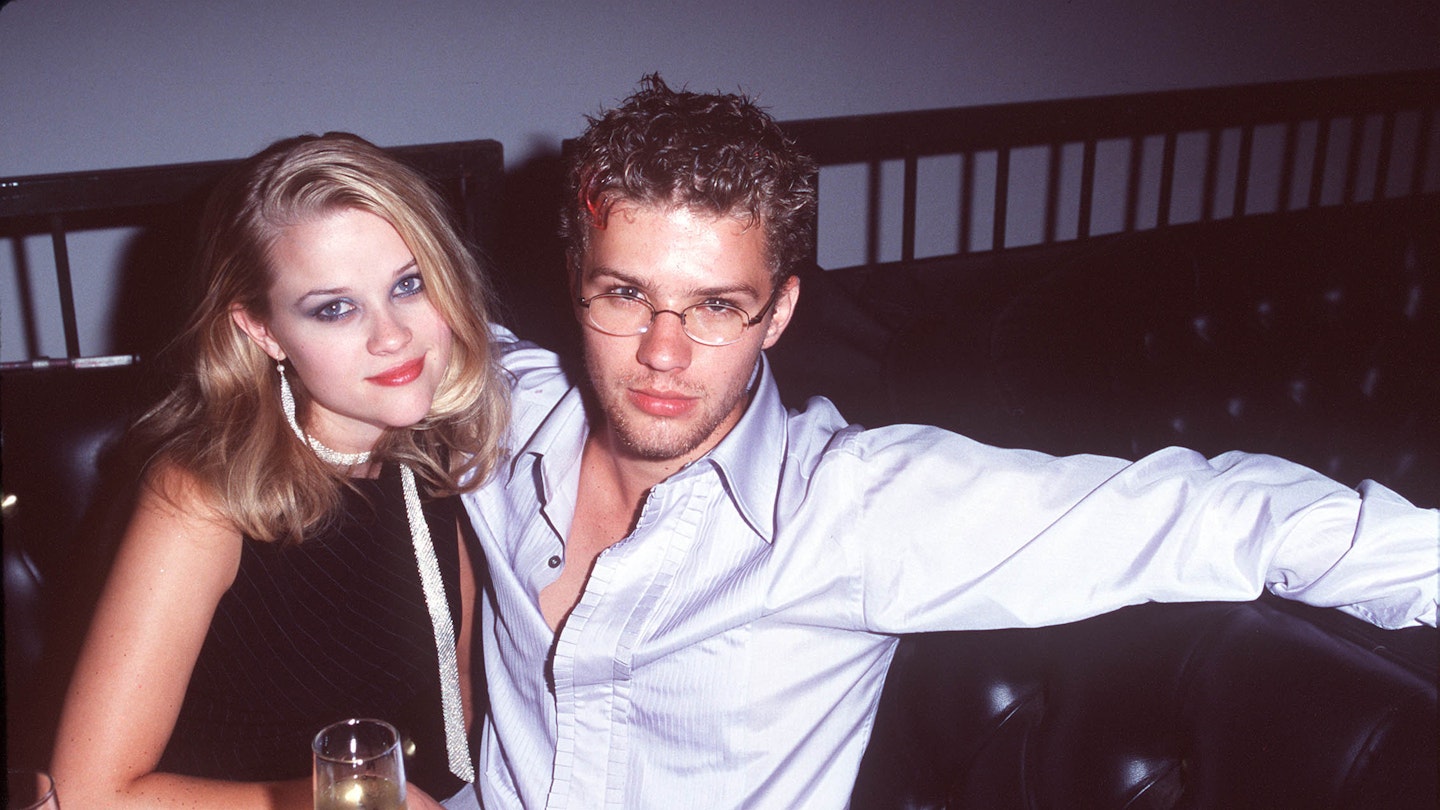Reese Witherspoon has been reminded of an awkward moment at the Oscars when then-husband Ryan Phillippe made a joke about her earning more than him. When the pair were on stage announcing the 2002 Oscar for the Best Make-Up And Hairstyling, Phillippe said; 'You make more than I do. Go ahead!'
When asked about the moment on the HFPA podcast this week, she said: 'You're reminding me of that! I forgot that ever happened. But you're right, he did say that, and no, it wasn't scripted'.
But what's it really like to out-earn your partner?
Researchers at City, University of London recently reported that men benefit from a ‘psychological boost’ if they out-earn their wives. But if the situation is reversed, women don’t feel the same. They also discovered that husbands earning less than their wives reported lower average life satisfaction than men who earned the same or more. ‘Men appear to need to be the bigger earners in a marriage to feel good about themselves,’ said co-author Dr Vanessa Gash. And yet women (married or not) now out-earn men in almost a quarter of households – and that ‘relationship pay gap’ is causing headaches for some.
Jess*, 37, is clear that becoming the breadwinner has put her marriage under strain. Her husband’s finance job meant he originally earned more, until he started his own business and her marketing career took off. ‘We were definitely happier when he was the bigger earner,’ she says. ‘He has told me I’m arrogant about my job, although it’s the only reason we were able to get a mortgage.’
But the main problem is not a bruised male ego, but what their pay gap has exposed. ‘So far, setting up his own business hasn’t paid off. That’s not to say it won’t in the future, but what it has shown is that he can live day to day with less structure, stability and money than me – which is not great when you also have a child.’
Charlie’s* relationship pay gap problem is slightly different. The 34-year-old works in TV, as does her partner – they met shortly after he moved to the UK to establish himself here. But while he’s struggled to find work, she now earns almost four times as much as him. ‘To do that, I’m working all the hours that God sends. He has no issue with the pay gap; he’s really supportive. But it really impacts me in terms of stress. I wish that there was a bit more parity in our earning capacity so it wasn’t all on me.’
Tensions over earnings can have very different root causes. Caroline*, now 37, spent three years with a man who, she says, ‘resented that I was more successful’. While she was building her career as a writer and podcaster, he worked part-time. ‘I think he fell in love with me initially because I was someone with a lot of drive. But the appeal faded quickly. He would try to humiliate me, making nasty comments about how I looked. I now think it was because he felt so insecure about himself. Any success I had made him feel worse.’
In the end, it wasn’t her partner’s inability to offer financial support that split them, but ‘the fact he couldn’t support me in any way – he wasn’t supportive of my career, he didn’t look after me when I lost a family member. The pay gap was just another wedge between us.’
Hilda Burke, psychotherapist, couples’ counsellor and author of The Phone Addiction Workbook, says money is often a relationship flashpoint because it represents ‘a quantified value’ put on us by society. ‘Often, if you deal with the impact of earning more, then the money itself becomes less of an issue,’ she says. ‘Usually, if someone is earning a lot more, they’ll put in more hours and work will occupy more headspace. When that bleeds into a relationship, it’s best to see how you can manage it, so your partner – male or female – feels more supported.’
But if someone is simply threatened that their partner earns more, it’s on them as an individual to address those feelings, she emphasises. Because a pay gap in itself needn’t be a problem – as Caroline has found. Her new partner earns less than her, ‘But it isn’t an issue at all,’ she says. ‘He’s secure in himself and his own worth.’
